China Slashes Interest Rates and Injects 1 Trillion Yuan Amid Escalating Trade War with US
The People’s Bank of China is cutting the reserve requirement ratio by half a percentage point and releasing 1 trillion yuan into the banking system to support the economy during intensifying trade tensions.
China has announced significant monetary easing measures in an effort to cushion its economy from the escalating trade war with the United States. The People’s Bank of China (PBoC) revealed plans to cut the reserve requirement ratio for banks by 0.5 percentage points, a move that will free up approximately 1 trillion yuan (£103.6bn) in liquidity for the banking sector.
In addition, the central bank will lower a key interest rate by 0.1 percentage point, a sign of its intention to adopt a more “moderately loose” monetary policy stance amid growing global economic uncertainty. Pan Gongsheng, governor of the PBoC, said the changes are designed to stabilize financial conditions as the global economy faces “intensified economic fragmentation and trade tensions.”
The Chinese economy is under severe strain due to US-imposed tariffs of up to 145% on Chinese exports. Though China’s reliance on exports has declined in recent years, they still contribute around 15% to the country’s GDP, making the trade war a significant economic threat.
Tensions between Beijing and Washington have risen steadily since the start of the year, with the US enacting sweeping tariffs aimed largely at Chinese goods. China has retaliated with tariffs of its own—up to 125% on US imports. Diplomatic talks are scheduled to resume soon, with Chinese Vice-Premier He Lifeng expected to meet US Treasury Secretary Scott Bessent in Switzerland over the weekend. This will be the first high-level meeting since President Trump’s “liberation day” remarks on April 2.
In the meantime, Beijing is rolling out additional measures to revitalize its domestic economy. A major focus is stimulating consumer demand, particularly in the housing sector, which has suffered due to regulatory tightening and falling investor confidence. Pan also announced a cut in borrowing rates under a government-supported home-buying scheme to 2.6%, aimed at shoring up the struggling property market. Once a pillar of economic growth—contributing as much as one-third of GDP—the sector has seen sales drop by 3% and investment fall by 10% in the first quarter of the year.
While the liquidity injection is expected to have a positive effect, financial analysts remain cautious. Capital Economics noted that the overall impact might be limited, as the primary challenge is weak demand rather than tight credit supply.

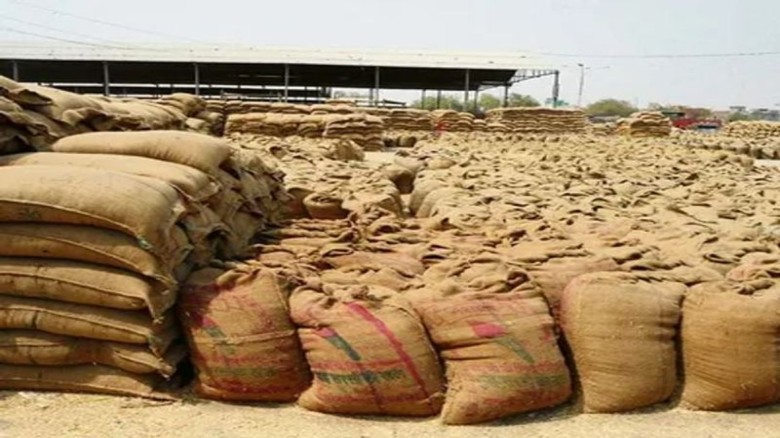
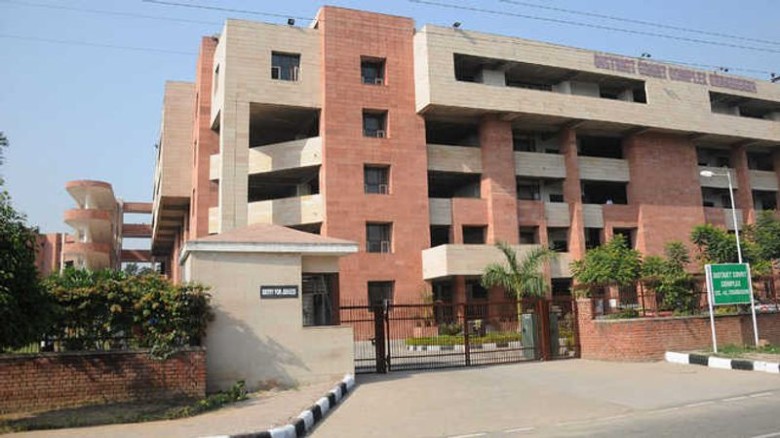

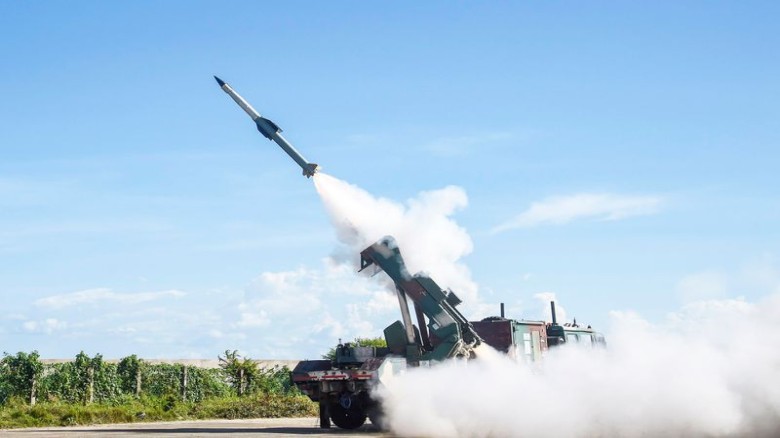
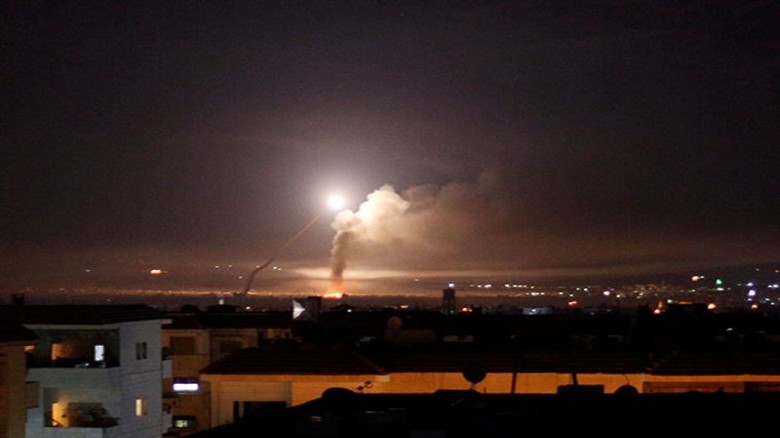
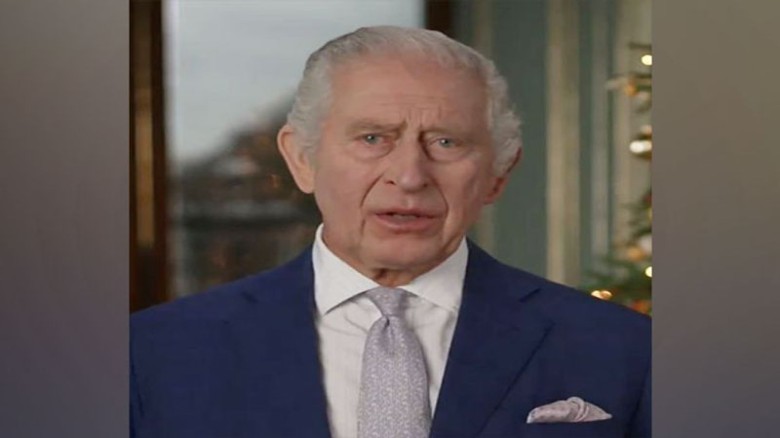
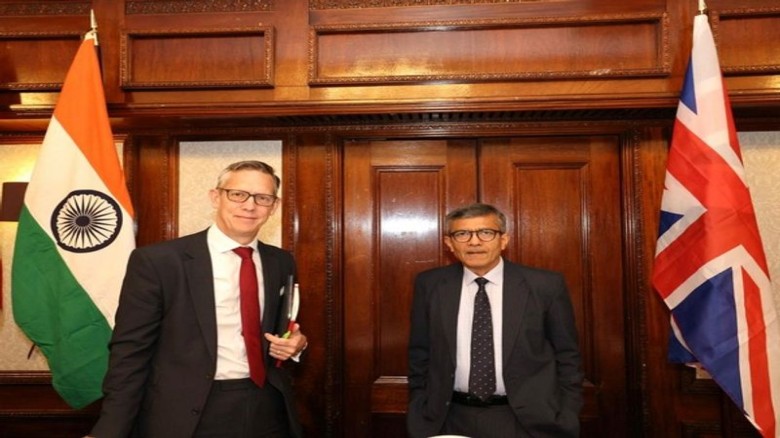


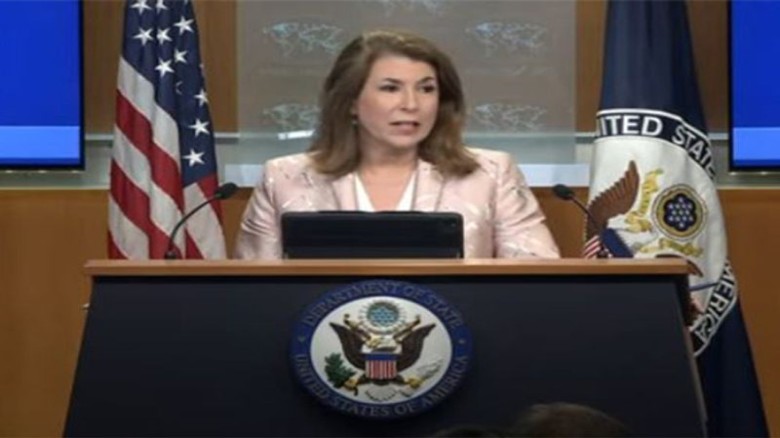
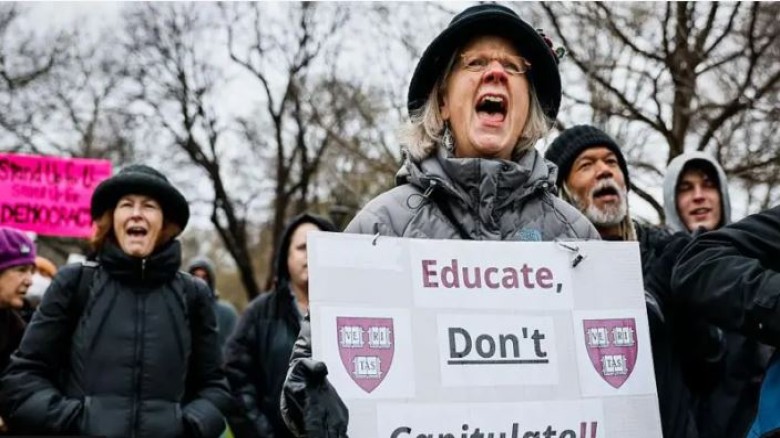





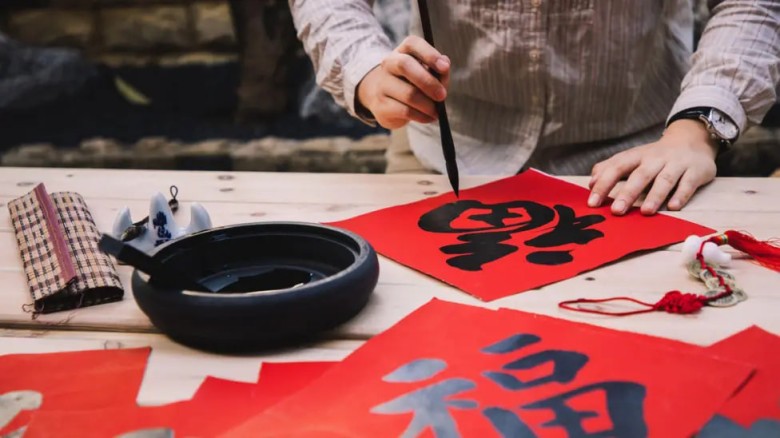
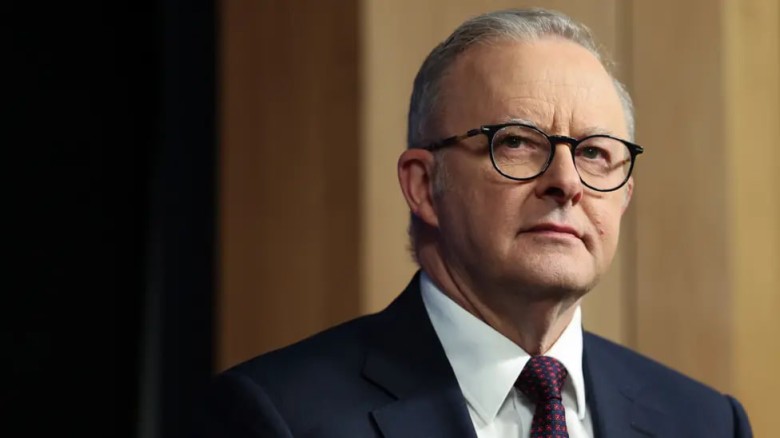



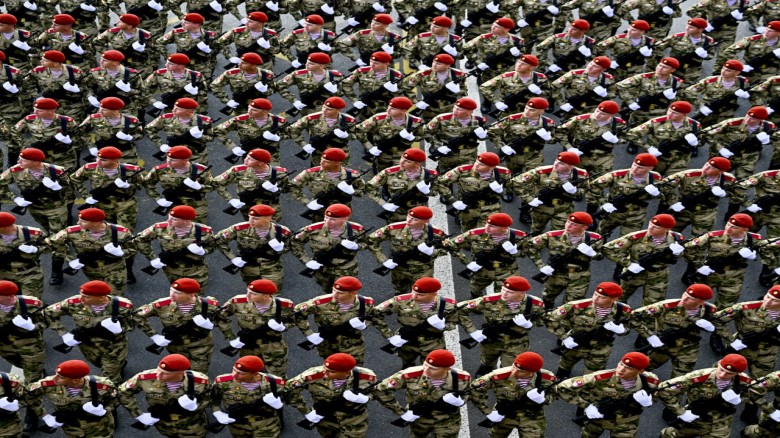
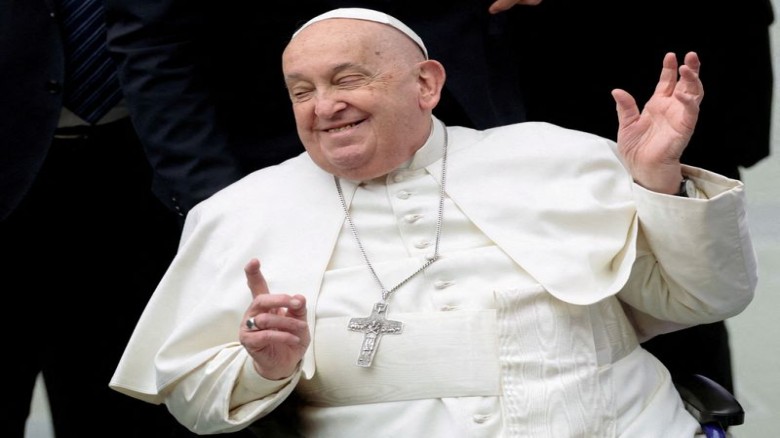
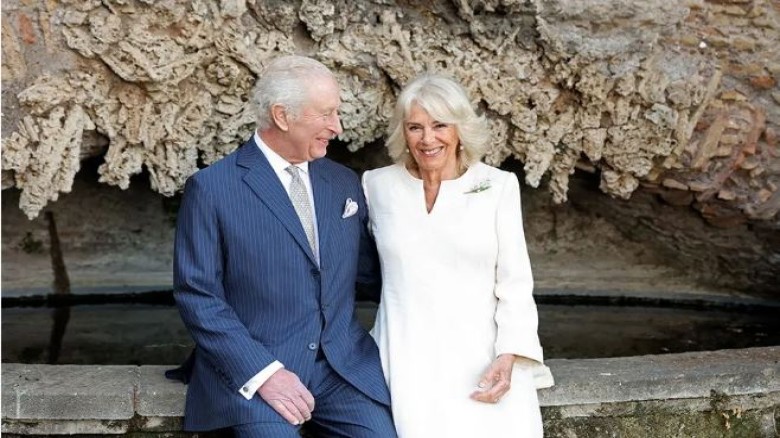











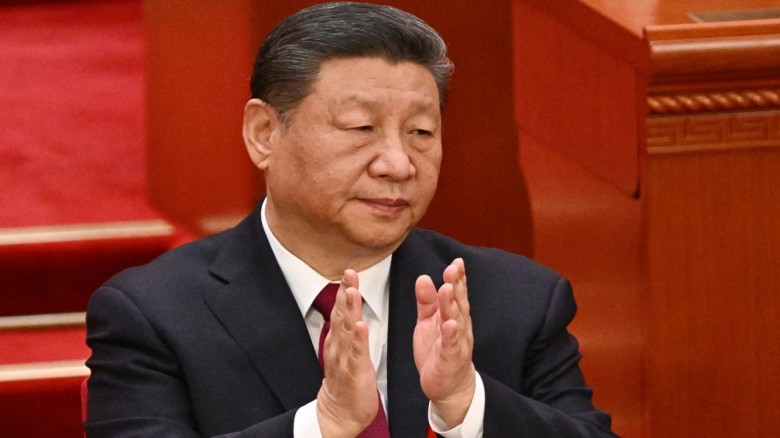

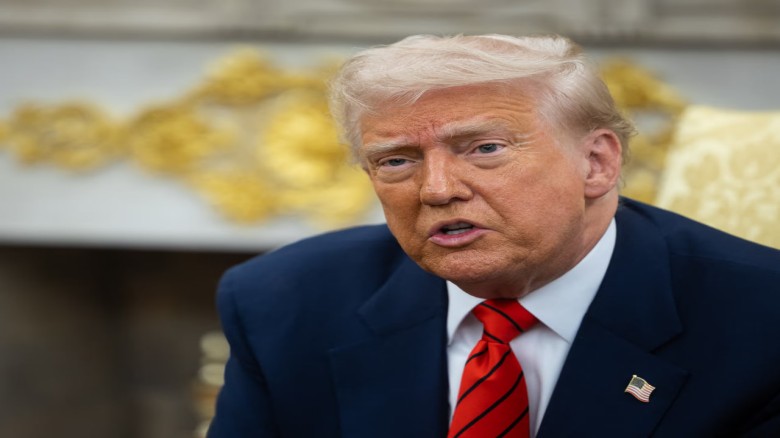






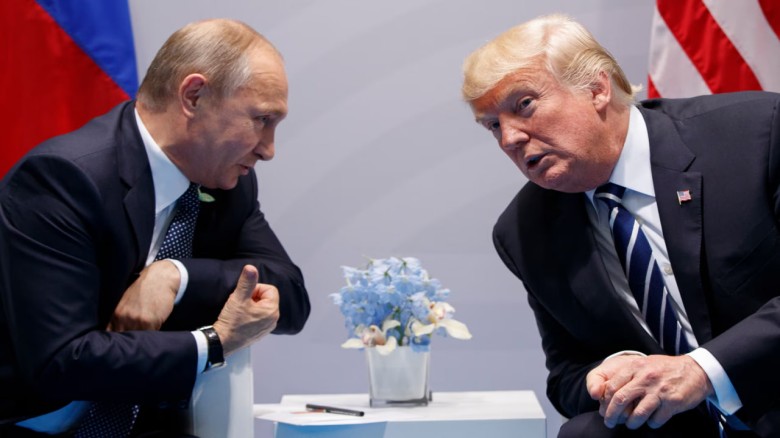






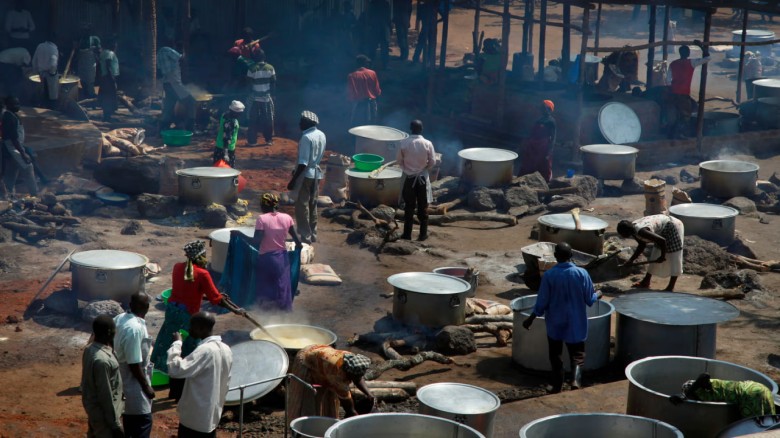



















Leave A Comment